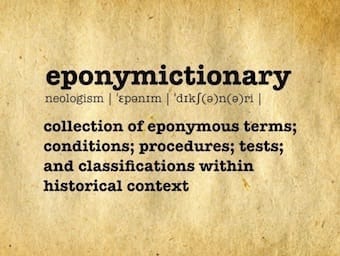
Blumgart-Ernstene murmur
Duroziez-type murmur observed with the patients arm subjected to various temperatures of water and by applying a subdiastolic pressure below the auscultation site, to help differentiate between aortic insufficiency and peripheral vasodilatation.







